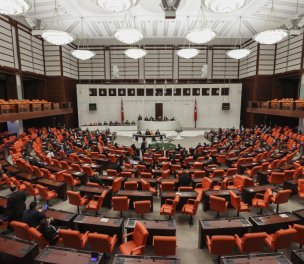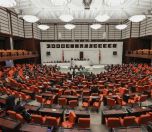BILL ON NGOS
‘A dangerous course of events for human rights in Turkey’

* Photo: AA / Archive
Click to read the article in Turkish
"The bill that foresees sanctions on civil society organizations is the most concrete indication of the fact that the government wants to reinforce its authority even further. In other words, the government has found a new legal method to place the associations and foundations with a legal entity under pressure. Imposing sanctions on NGOs without a court verdict signals a dangerous course of events for democracy and human rights."
Drafted by the ruling Justice and Development Party (AKP) and passed by the Parliamentary Justice Commission, the "Bill on Preventing the Spread and Financing of Weapons of Mass Destruction" is expected to be debated at the General Assembly of the Parliament in the upcoming days.
The bill has also articles concerning the non-governmental organizations (NGO) in Turkey, which has caused worries that the activities of civil society will be restricted, if the bill is passed into law.
Foreseeing a strict inspection  of the NGOs and paving the way for appointment of trustees to the organizations, the bill is also criticized by Gülseren Yoleri, the Chair of Human Rights Association (İHD) İstanbul Branch. According to Yoleri, the aim of this proposed legislation is to break the resistance points against the government.
of the NGOs and paving the way for appointment of trustees to the organizations, the bill is also criticized by Gülseren Yoleri, the Chair of Human Rights Association (İHD) İstanbul Branch. According to Yoleri, the aim of this proposed legislation is to break the resistance points against the government.
Yoleri notes that, apart from the trustees appointed to municipalities, this procedure can be followed in the case of civil society organizations only in the event of crises and with a court ruling. She underlines that this bill of law aims to hinder the activities of associations and foundations all together when they cannot be placed under tutelage.
Yoleri says that civil society has already been under pressure in Turkey, adding that there is an intention to silence the last dissident voices in society.
'It aims to silence dissident voices'
Underlining that the years-long attacks on freedom of expression, association and organization have been targeting civil society, Yoleri says:
"In the current situation in Turkey, in an environment where the media and judiciary have been placed under an absolute tutelage and political parties and some civil society organizations have been acting in accordance with the government, the aim of this bill is apparently to stop the activities of a few civil society organizations that can raise dissident voices.
"Quite a number of NGOs have already been made dependent on the government or brought under its tutelage by pressure or other means; but there are still organizations that do not obey. We can say that it is similar to free press. The media is under control, but there are still some outlets trying to act independently; this is also the case for NGOs. And, now, they want to break the resistance points of NGOs.
"Because when the relations with Europe are concerned, countries attach a considerable importance to interventions, opinions or reports of civil society in the name of democracy and these opinions and reports are considered to be an indicator independent of what the government says.
"So, if it cannot manage to dissuade NGOs through intimidation or pressure, it resorts to silencing these organizations by closing them.
"This is just a reflection of the gradual authoritarianization of the regime. The regime has become more and more authoritarian and it, unfortunately, wants to insist on this attitude. And, in order to do this, it is trying to eliminate everything that it sees as an obstacle in its way.
"As civil society constitutes a field deemed an obstacle by the government, it has developed such a tendency. This law is the result of such a tendency."
'It will lead to another violation of right'
Gülseren Yoleri notes that the bill has 43 articles and only six of them are about preventing the spread of weapons of mass destruction, eliminating money laundering and financing terror, as indicated in its name.
The rest of the bill is not related to these purposes, underlines Yoleri further, sharing the following information about the content of the bill:
"The NGOs are currently obligated to inform the authorities about the donations they have raised; however, this bill will introduce an obligation to get permission for raising donations. When it is done without permission, the money raised by the organizations can be seized, according to the new legislation. Moreover, it will also pave the way for high administrative fines.
"The law grants the authority of execution to the governor, sub-governor and their deputies. When the inspection of non-governmental organizations is concerned, the Ministry of Interior could normally inspect them only in the event of a tip-off; however, with this legal amendment, the Ministry of Interior could transfer this authority to law enforcement.
"The organizations under inspection will be obligated to submit all documents requested during the inspection. I am worried as an executive from the Human Rights Association (İHD). We guarantee that the applications made to the association will remain confidential both as per the law on the protection of personal data and confidentiality obligation.
"If we have to give all our documents during the inspections, we will harm the essence of what we do. We are talking about another right violation where the rights of victims could be violated and their identities could be disclosed. For this reason, we are faced with a really troubling picture.
'A new legal method to put under pressure'
"If the Ministry of Interior launches an investigation against the institution, it will be able to remove the executives of the institution from office and stop its activities. I am not talking about a court verdict here. I am talking about an investigation carried out based on a police report. The next step of this is the President's seizure of the institutions' assets.
"When we take all these together, we consider this bill to be an extremely grave attack on NGOs. Imposing all these sanctions on them with an accusation and without a court verdict...
"We have seen many examples of this on the personal level before. The presumption of innocence was violated, people were dismissed and they now want to do the same to the associations and foundations with a legal entity. They are trying to turn this into a legal method of pressure. This is, of course, a dangerous course of events in the name of democracy and human rights. It is trying to reinforce the authority of the regime even more." (HA/SD)
Journalists' union denied visit to jailed reporter Elif Akgül

İzmir coal-fired plant continues operations despite court ruling

Executive of pro-Kurdish news agency faces trial for exposing informant’s identity
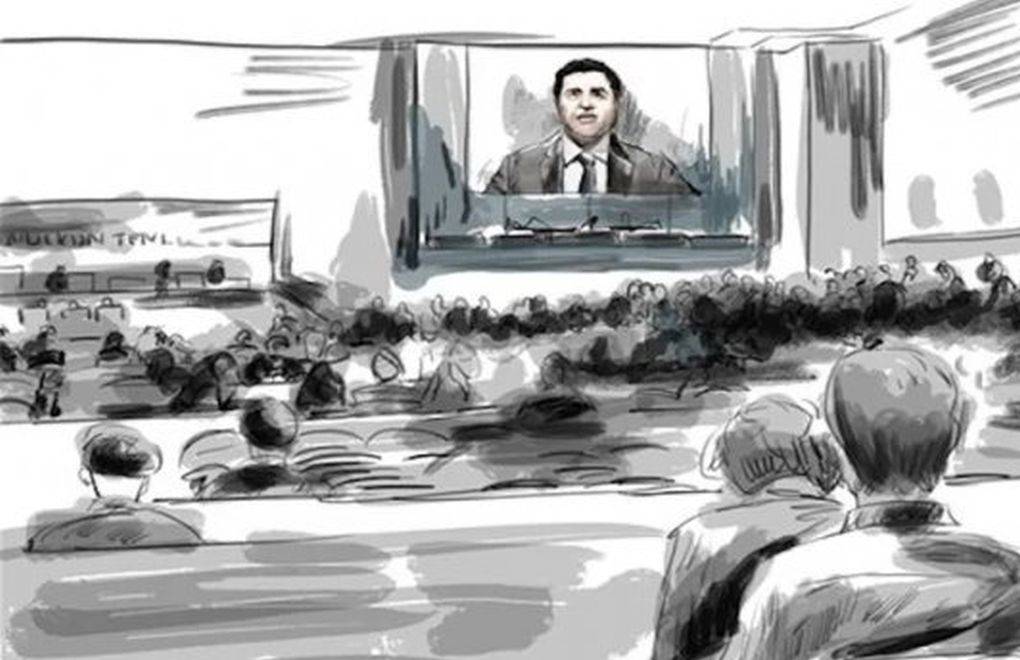
Trial begins for İstanbul Bar executives over statement on killed journalists
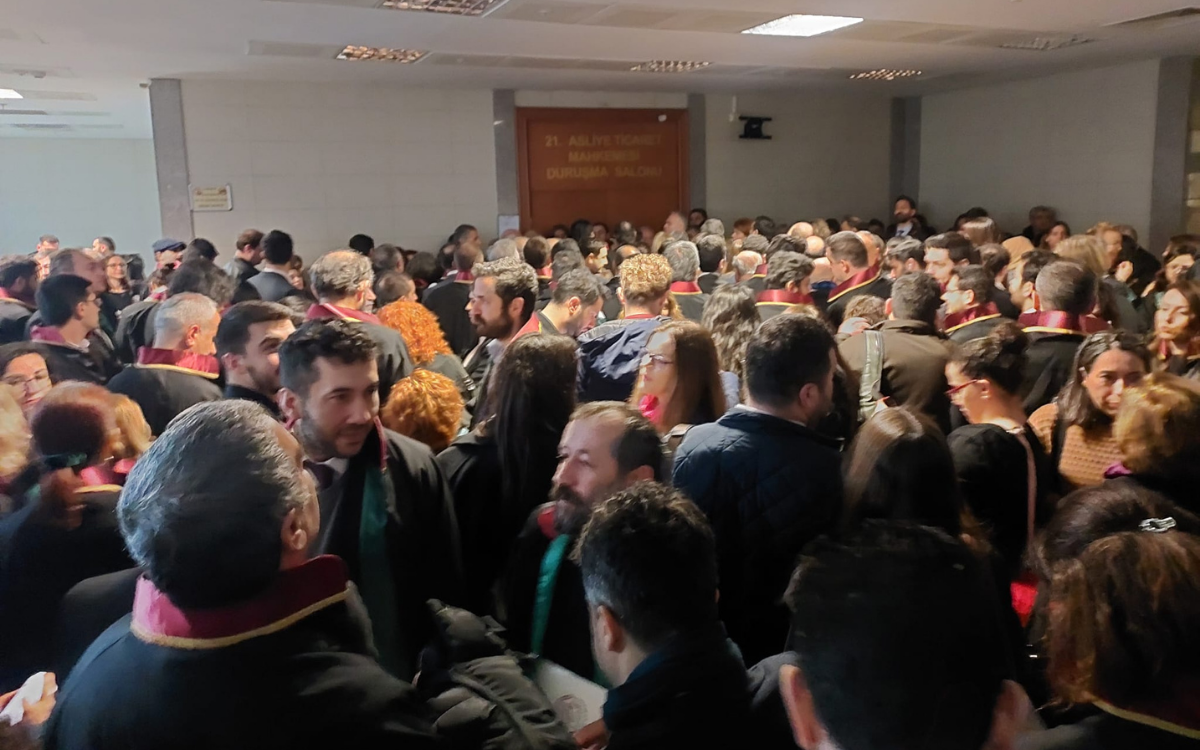
Company manager sentenced for obstructing union rights







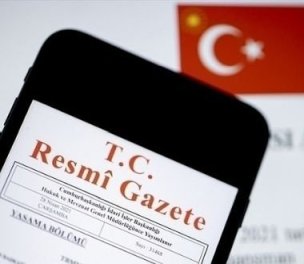

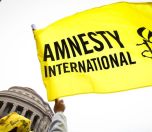
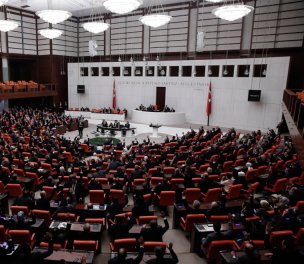

-132.jpg)
